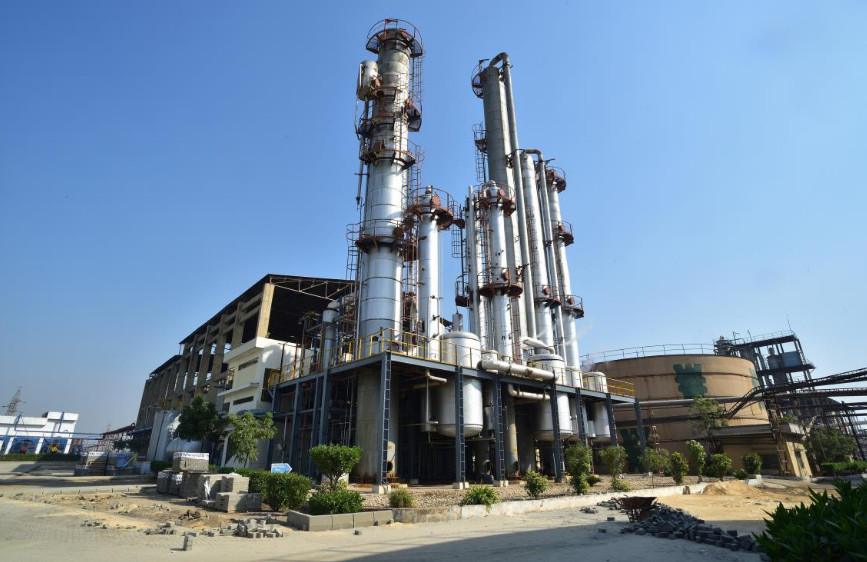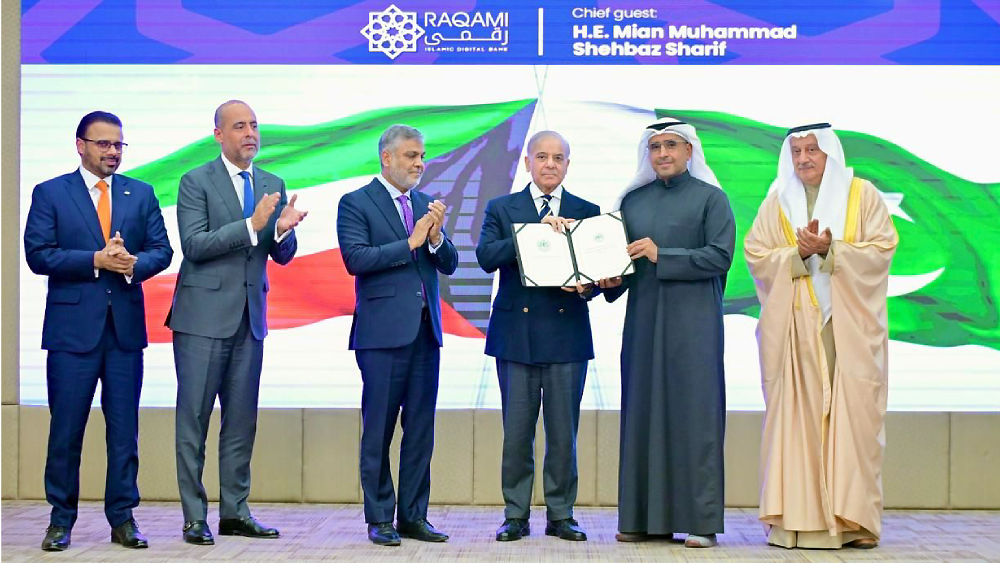ISLAMABAD: Pakistan’s Minister of Commerce Jam Kamal Khan told a European Parliament delegation that removing duty concessions on ethanol exports under the Generalised Scheme of Preferences Plus (GSP+) is damaging rural livelihoods and farming communities.
The minister outlined how this change has hurt rural economies reliant on ethanol production from sugarcane molasses. He urged the EU to reconsider the decision to protect these vulnerable communities.
GSP+ (Generalised Scheme of Preferences Plus) is a special incentive arrangement by the European Union that grants tariff reductions to vulnerable developing countries in exchange for commitments to implement 27 core international conventions on human rights, labor rights, environmental protection, and good governance.
This allows these countries to export goods to the EU with zero or lower tariffs on most of their products, promoting sustainable development and integration into the global economy.
The meeting was held at the Ministry of Commerce in Islamabad, as per the Press Information Department. It involved a high-level delegation from the European Parliament’s Committee on Development led by Lukas Mandl.
Discussions covered Pakistan’s achievements under the GSP+ scheme, which supports sustainable trade, human rights, labor reforms, climate action, and institutional strengthening.
The commerce minister stated how Pakistan secured a seat on the United Nations Human Rights Council for 2026–2028 and received “A status” accreditation from the Global Alliance of National Human Rights Institutions for its National Commission for Human Rights.
The government passed key legislation, including the Islamabad Child Marriage Restraint Act 2025. It also introduced commissions to protect journalists and minorities and adopted a policy promoting interfaith harmony.
On the economic front, the minister reported steps to attract foreign investment. The central bank’s interest rate has dropped from 22% to 11%. The government is focusing on industrial growth, skill training, and empowering the country’s youth, with over 60% of the population under 30 years of age.
The minister invited EU companies to invest in sectors like agriculture, food processing, seed development, manufacturing, small and medium enterprises, and e-commerce.
He also raised a second trade concern: the Geographical Indication (GI) registration of basmati rice. The issue of GI registration for basmati rice in the EU involves a dispute between India and Pakistan, both of which have applied for protected status.
The EU has been urged to make a fair decision, as Pakistan has opposed India's 2018 application, arguing that it would negatively impact Pakistan's exports, given that both countries produce and trade Basmati.
Officials also briefed the delegation on Pakistan’s recent accession to the Madrid Protocol on Trademarks and the Marrakech Treaty for the Visually Impaired. Reforms on patents and copyrights are underway to strengthen intellectual property laws and improve investor confidence.
The European parliamentarians praised Pakistan’s transparency and reform efforts. They discussed areas for improved cooperation, including global peace, education, and economic ties.
The commerce minister sought EU support on regulatory compliance related to sustainability and climate standards, including the Carbon Border Adjustment Mechanism and Corporate Sustainability Due Diligence Directive.
The talks ended with both sides committing to deepen trade, investment, and development cooperation under the GSP+ framework.

.jpg)
.jpg)



